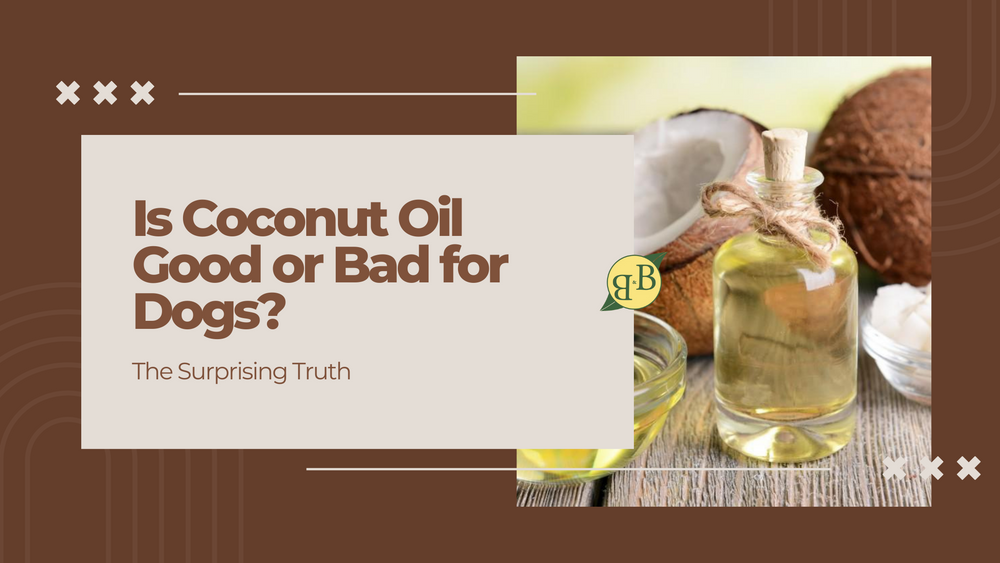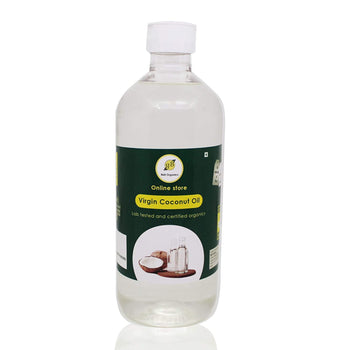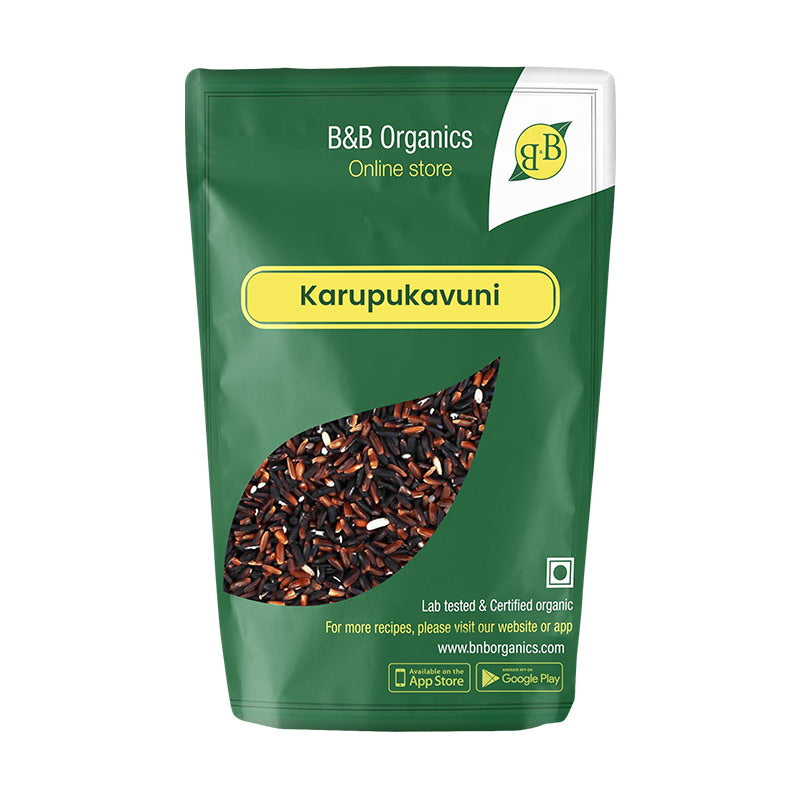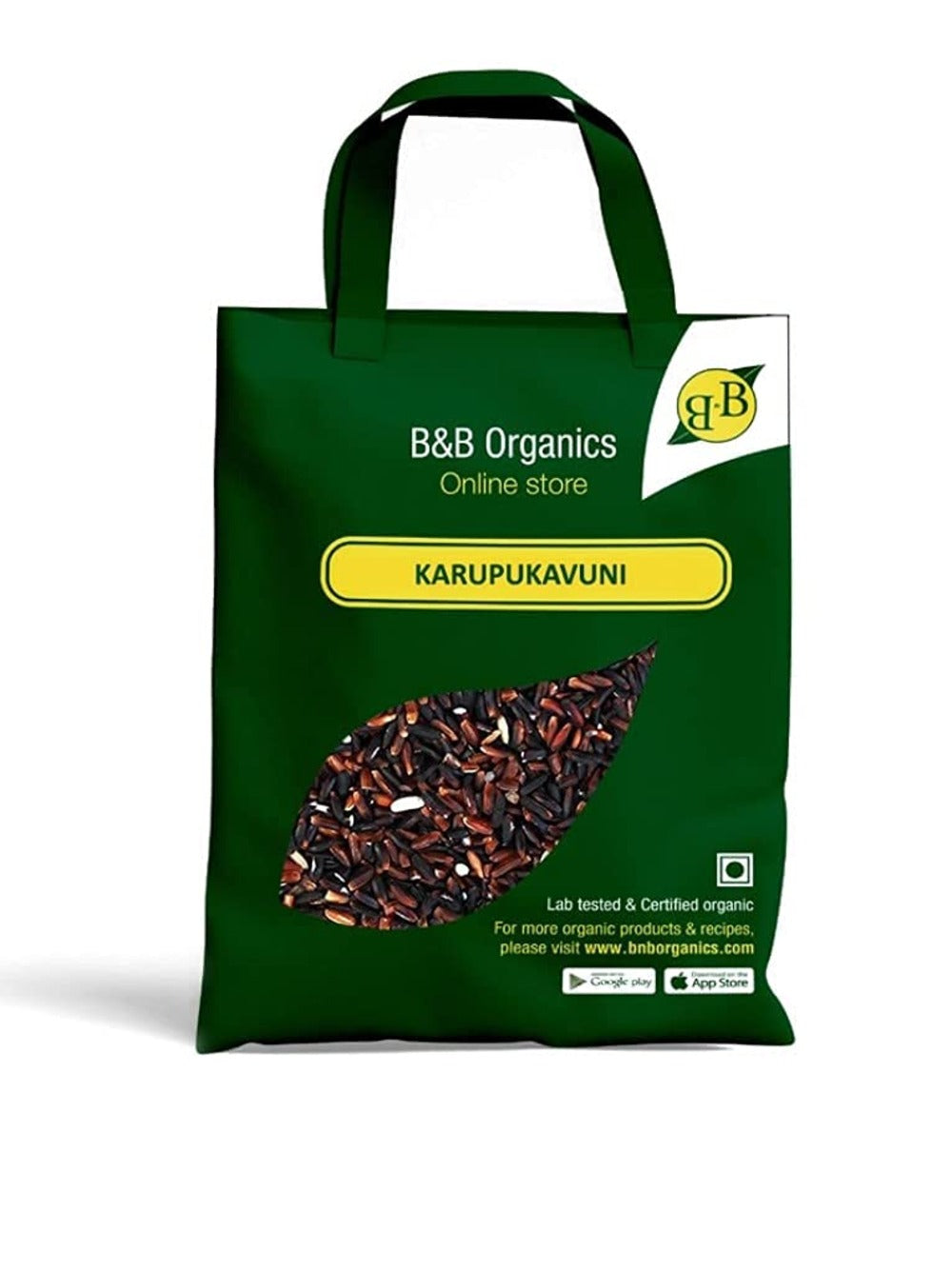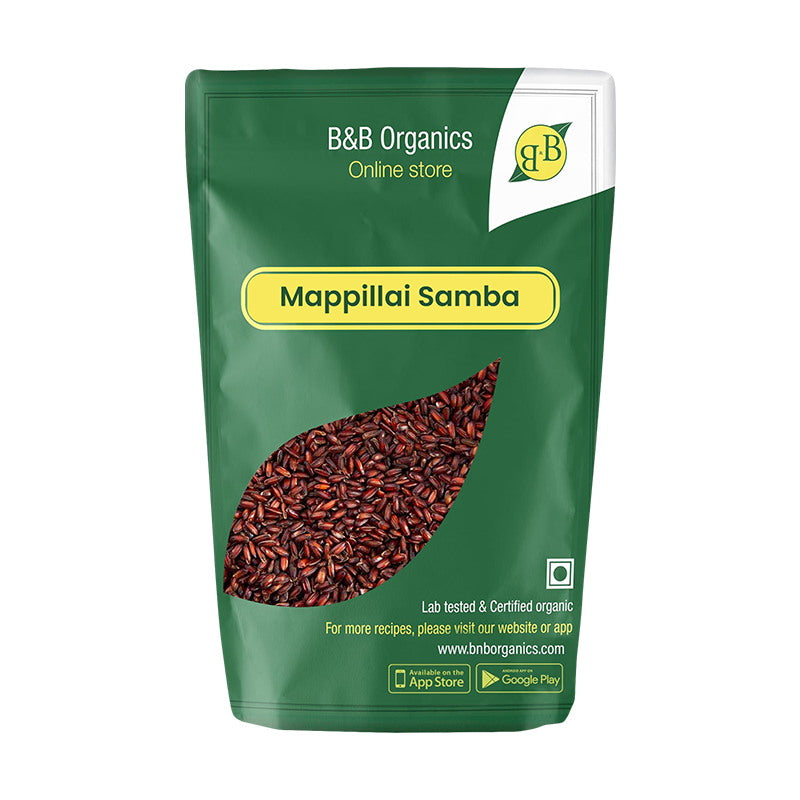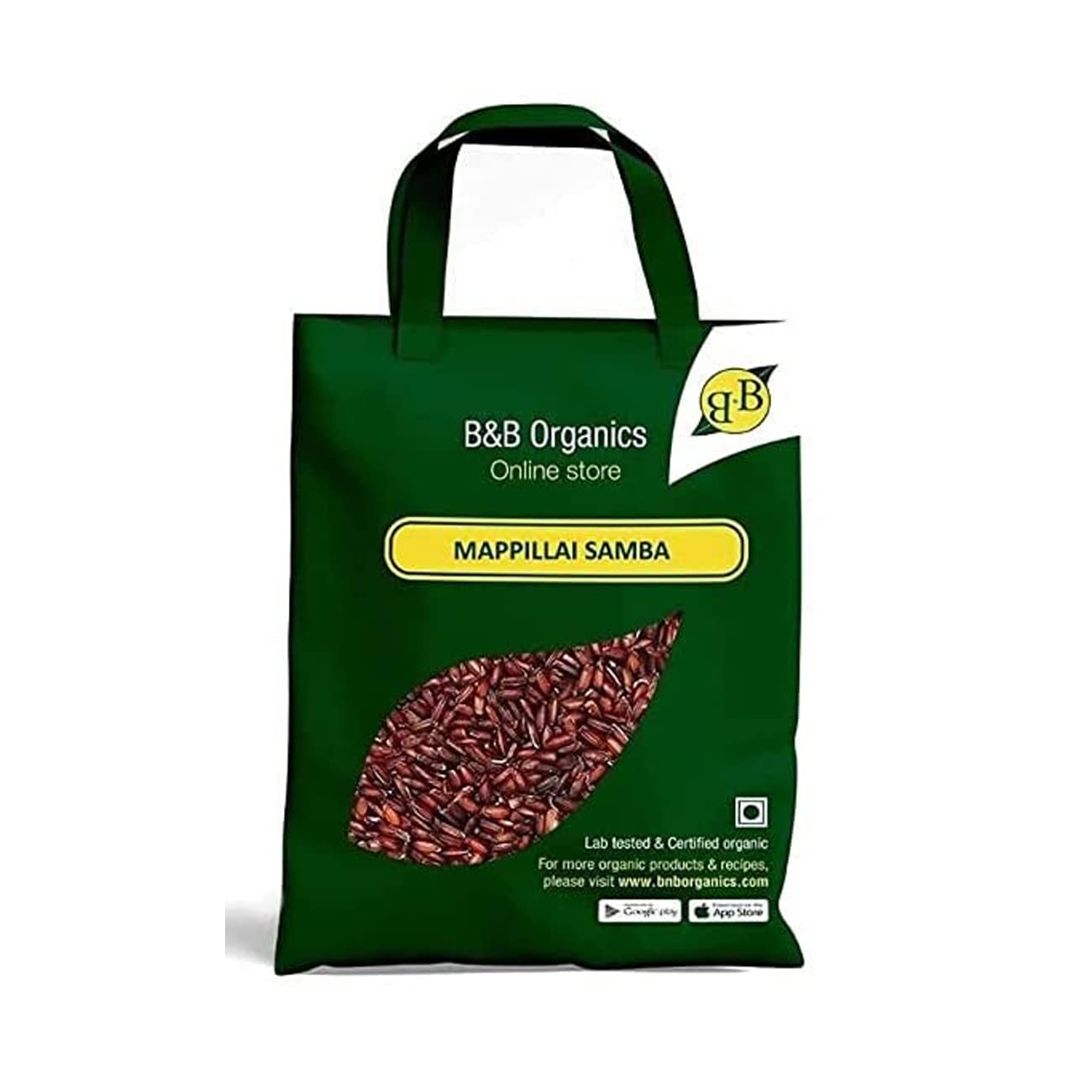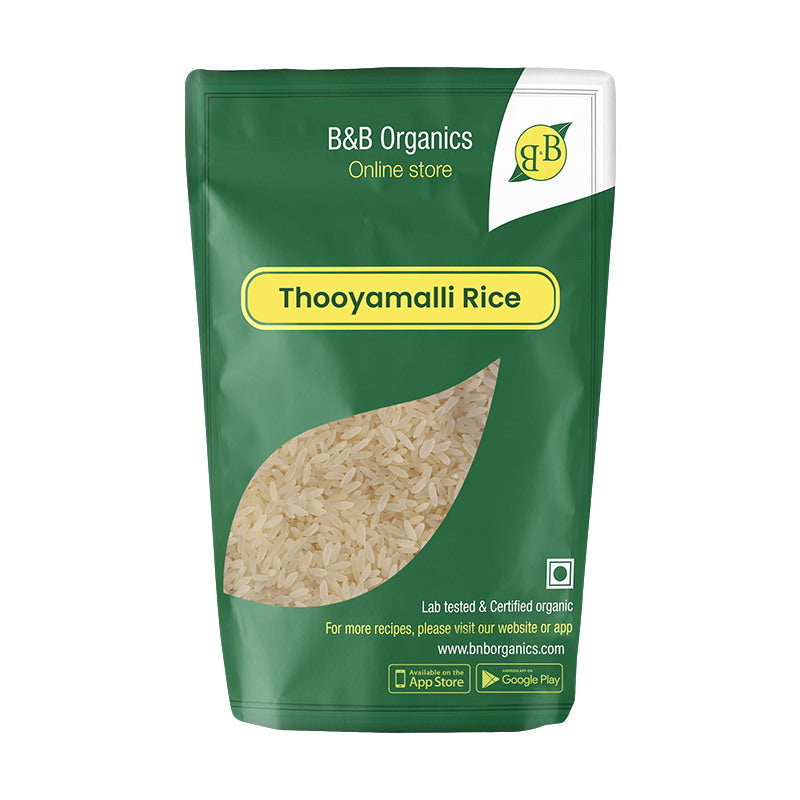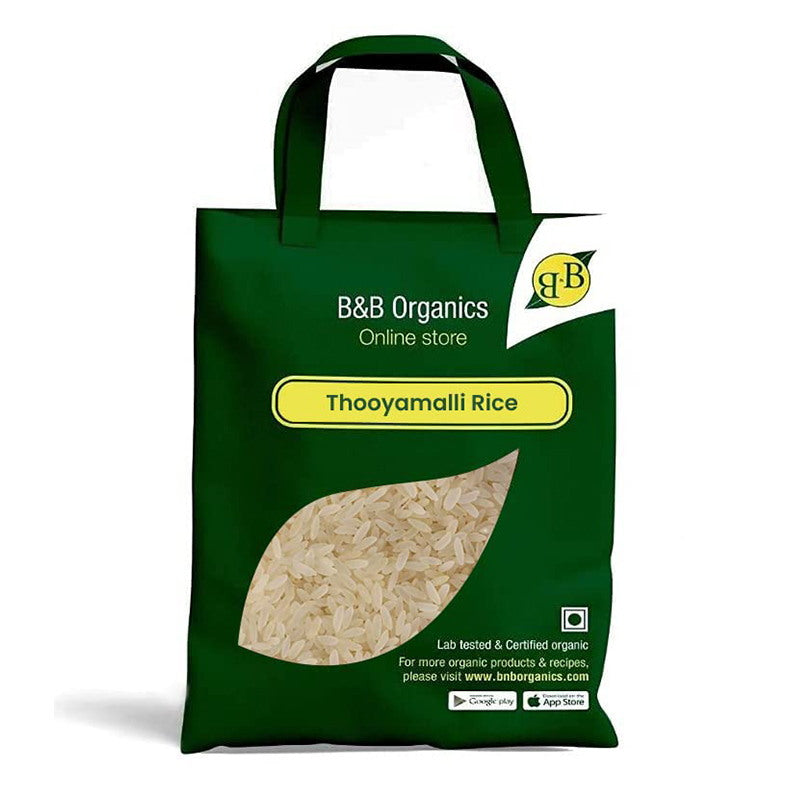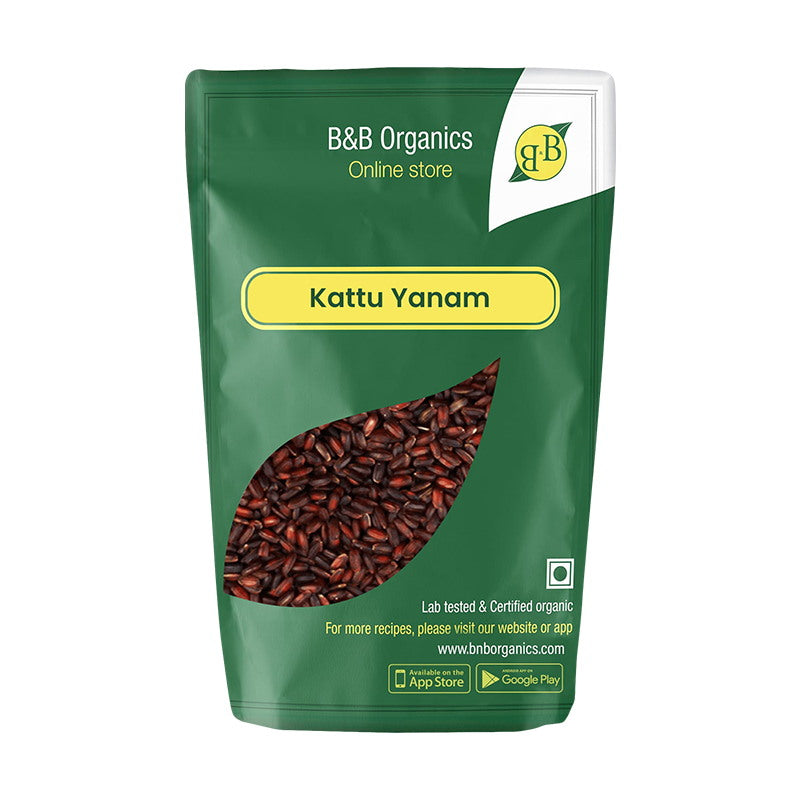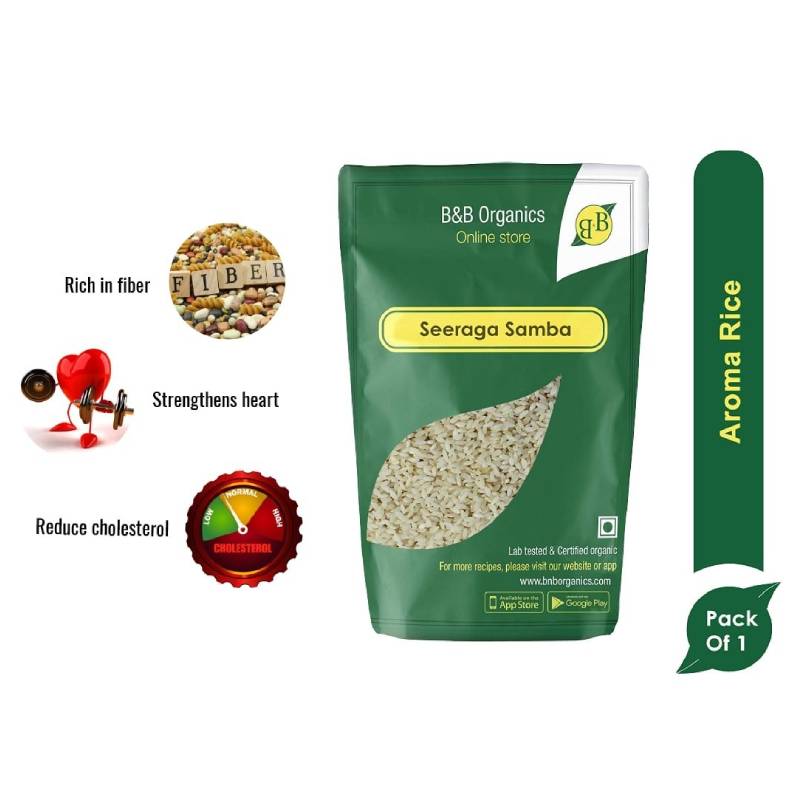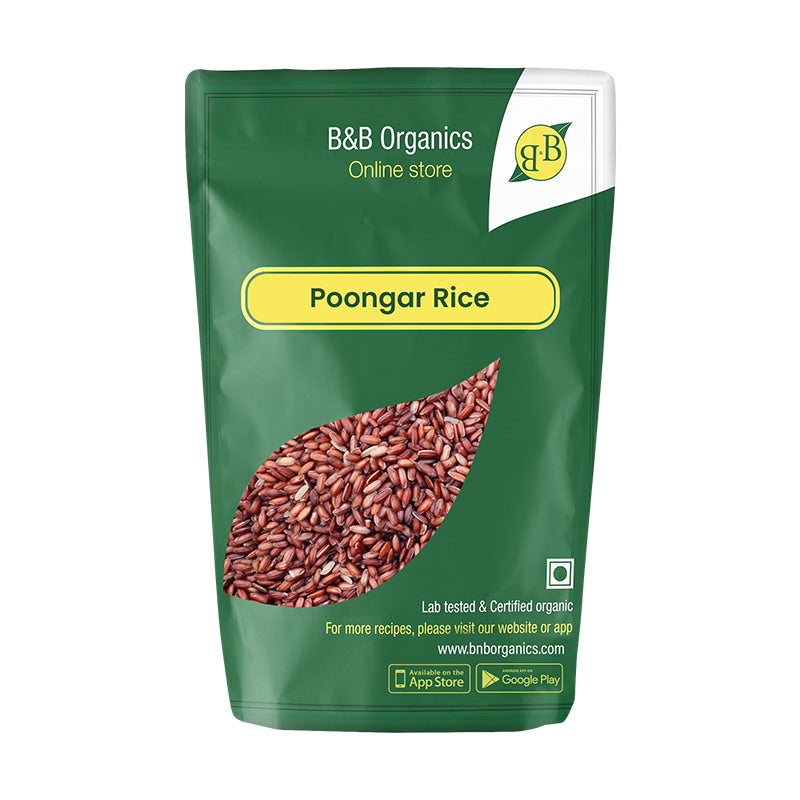Coconut oil may be the trendiest and safest trend for people, but animal owners might discover it to be a beneficial supplement for their four-legged friends if used sparingly.

Coconut oil has been related to many possible health advantages in people, such as:
- Immune system boosting.
- Assisting in weight loss.
- It has anti-inflammatory and antifungal properties.
- Enhancing cognitive abilities.
Coconut oil, according to certain holistic and naturopathic vets, has abilities to assist with a number of canine ailments.
Even so, it is recommended that you consult with your vet prior to starting any supplements for your dog.
Describe coconut oil:
Coconut oil, which is used in both food and beauty products, is obtained by squeezing the white, fleshy core of the coconut nut of the coconut palm tree.
Medium-chain fatty acids, a kind of saturated fat with antifungal, antimicrobial, and antibacterial properties, constitute the majority of coconut oil's 90% saturated fat content. These qualities are thought to be the reason for coconut

oil's claimed beneficial properties for both dogs and human beings.
What is the best way to apply coconut oil on my dog?
Coconut oil can be used externally to soften and revivify a dog's coat or as a coating on pills to make them simpler for canines to ingest.
Orally:
Dogs can consume coconut oil one to two times daily with meals, whatever their size. Even so, the following can be a suitable initial dose:
- One-fourth tsp every day for small dogs.
- One teaspoon to a tablespoon every day for larger ones.
Topically:
Start applying a very tiny portion to your palms, pat the coat lightly, run your fingers through the fur, and massage some down onto the skin to use it directly.
If your pet prefers to put on weight, has pancreatitis, or body metabolises fat inefficiently, use coconut oil directly or in very low doses.
What is the finest coconut oil for my dog?
Keep in mind that various coconut oils possess unique taste and aroma. Others are bland, whereas others have a strong coconut flavour. Although others are nutty, a few are buttery and smooth.

Finding the one your dog prefers the most might require some effort. The finest coconut oils to choose are, though, cold-pressed, virgin, or unrefined.
Coconut oil benefits for dogs include:
Coconut oil has pluses for canines, including:
Combats dangerous fungi and bacteria:
- Coconut oil contains 40% lauric acid, an antifungal, antiviral, and antibacterial component that improves the immune response and aids in the fight against harmful microorganisms.
- Coconut oil has antibacterial effects that could shield dogs from ectoparasites like fleas, ticks, and mange mites.
Digestive aid:
Several vets believe that coconut oil's medium-chain fatty acids (MCTs) facilitate digestion and treat a number of digestive diseases.
Cough Relief:
Coconut oil aids in the removal of hairballs and coughing.
Improves the health of the skin and hair:
- Coconut oil hydrates and prevents your dog's skin from peeling.
- Eczema, flea allergies, contact dermatitis, and xerosis just are a few of the skin conditions that it helps in treating dry and itchy skin.
Renders their coat shiny:
- MCTs, which are plentiful in coconut oil, preserve and hydrate hair proteins.
- It hydrates dry skin if topical application and repairs cracked paw pads.
- It improves your dog's fur to appear better and feel better.

Gets rid of dog odour:
Coconut oil's antifungal and antibacterial qualities aid in preventing foul odour.
Aids in wound healing:
Putting coconut oil straight on their skin or wounds helps in the prevention and reduces spot irritation. Its anti-inflammatory qualities assist in the healing of wounds.
As well, coconut oil can increase their levels of energy, assist in ensuring consistent brain activity, and prevent the development of ageing-related cognitive problems.
What are the potential hazards of using coconut oil on dogs?
The ideal approach is to talk with your vet prior to adding anything new to your dog's food or in the case that your pet has any health issues, even if coconut oil is suitable for dogs.
Diarrhoea:
Feeding the diet too much coconut oil may induce greasy stools or diarrhoea.
Allergic response:
The supplement may cause bad effects in certain dogs.
Increase in weight:
Coconut oil has a great deal of calories, so using it excessively could lead to an increase in weight.
Increased cholesterol:
Based on specific research, coconut oil can raise dogs' cholesterol.
Pancreatitis:
Because of its high fat content, coconut oil must be avoided by dogs who are vulnerable to pancreatitis.
Coconut oil substitutes for dogs:
Alternatives, including cold-water fish oil, may be used if your dog responds allergic to coconut oil or if incorporating coconut oil to your dog's diet does not lead to any variations.


